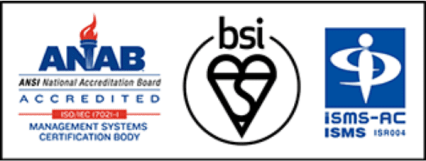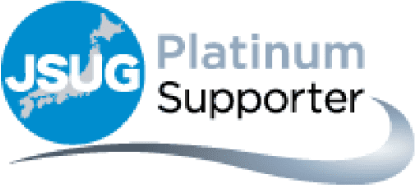Seminars & Events
View More
Case
Hagihara Industries initiated its ERP project due to declining operational efficiency caused by outdated systems. Beyond technical renewal, the company recognized the need for a system that could create value from a management perspective, especially in the face of dramatic shifts in the business environment.
Since the 1990s, low-cost competitors from China and Southeast Asia threatened Hagihara’s market share in flat yarn products. In response, the company strengthened competitiveness by establishing production in China and investing in high-value-added products.
Given these pressures, Hagihara identified cost and profit management as critical to rebuilding its core systems. After a six-month evaluation, the company selected SAP ERP and the IPS Public Package as a platform to strengthen pricing competitiveness and support decision-making.
With guidance from Deloitte Tohmatsu, Hagihara defined a cost/profit management concept focused on managing profitability by customer, product, and department using standard costs. These standard costs serve as internal targets—distinct from actual costs used in financial accounting—and allow both manufacturing and sales teams to share common goals and accountability.
The purpose is to drive organization-wide awareness of cost control and profit generation by providing measurable performance targets.
The IPS Public Package for process manufacturing (chemicals) includes enhancements for practical cost management with SAP ERP.
Setting standard costs requires significant planning and data input. The IPS template simplifies this using past actual costs and Excel-based setup tools.
Provides functionality for monthly batch actual cost calculations and variance analysis between actual and standard costs. This enables granular insights—from business unit to item-level manufacturing orders—and supports cost reduction activities.
Though go-live was delayed by two months from the original one-year plan, the transition to SAP was smooth and well-received. Many in the industry expressed surprise at the seamless migration.
Within two months, the new system revealed that certain products—previously assumed to be profitable—were actually unprofitable. The losses amounted to nearly 30% of the company’s recurring profit and were designated as top-priority issues. Project members, having returned to their departments, began using SAP ERP to lead improvement initiatives.
Hagihara Industries has now equipped itself with a powerful tool for maintaining competitiveness in global markets. IPS’s key concept is to provide a cost and profitability management platform that helps companies secure pricing power in challenging market conditions.
Many companies may track cost—but do they control it from a management perspective? Does the entire organization share responsibility for achieving cost targets? IPS offers solutions for companies ready to take that step.
| Founded | November 1962 |
| Employees | 437 (2002) / 481 (2022) |
| Capital | ¥1.008 billion (2002) / ¥1.778 billion (2022) |
| Sales | ¥18 billion (2002) / ¥29.953 billion (2022) |
| Industry | Manufacturing |
| Business | Production and sales of flat yarn and woven secondary products made from polypropylene and polyethylene resins |
| SAP Scope | Big bang implementation of SAP ERP covering procurement, inventory, sales, production, financial accounting, and controlling; SAP BW implemented concurrently |
| Implementation Period | November 2002 ~ December 2003 |
Considering Our Services?
Contact Us Today
 For those considering SAP solutions
For those considering SAP solutions
 Certified Partner Program
Certified Partner Program


